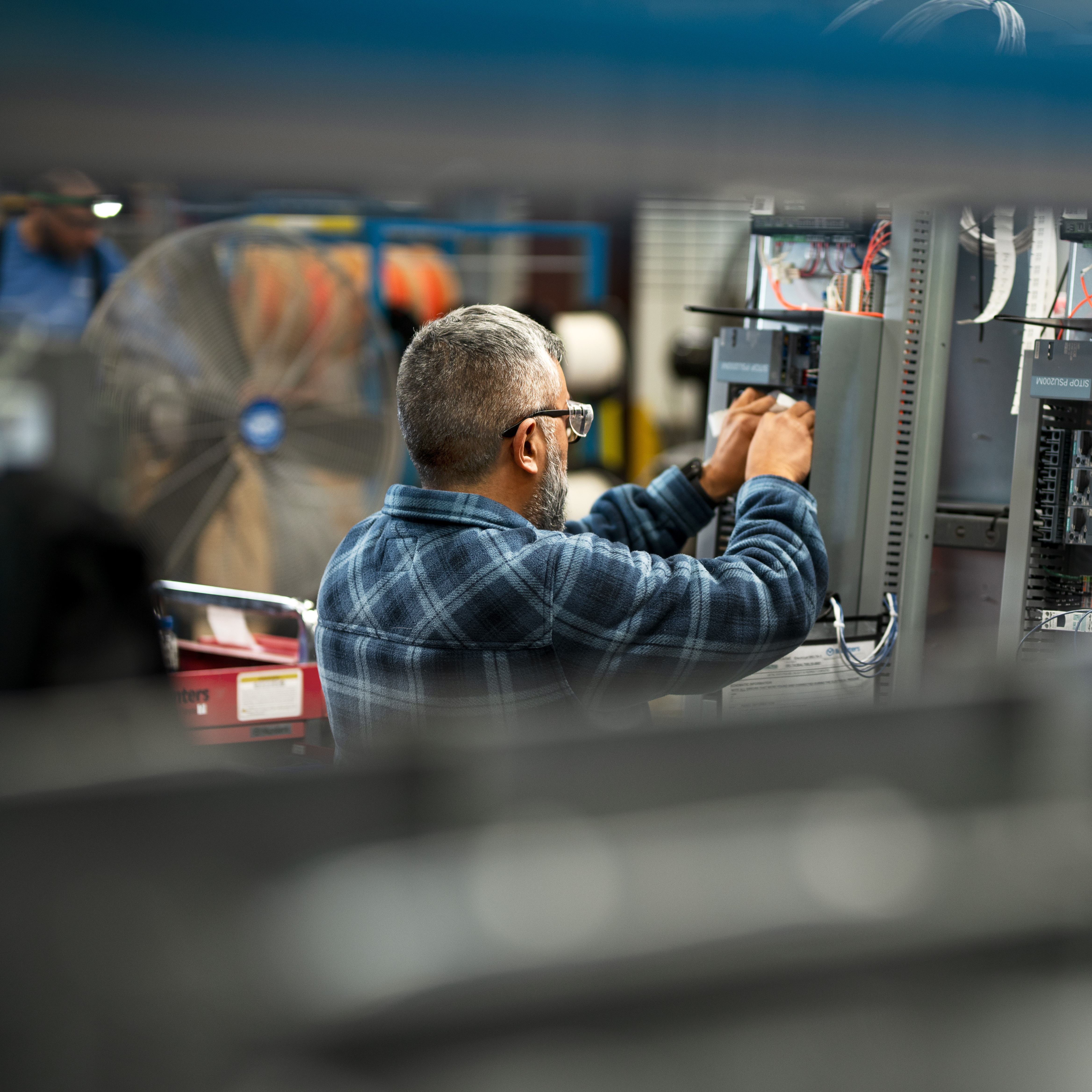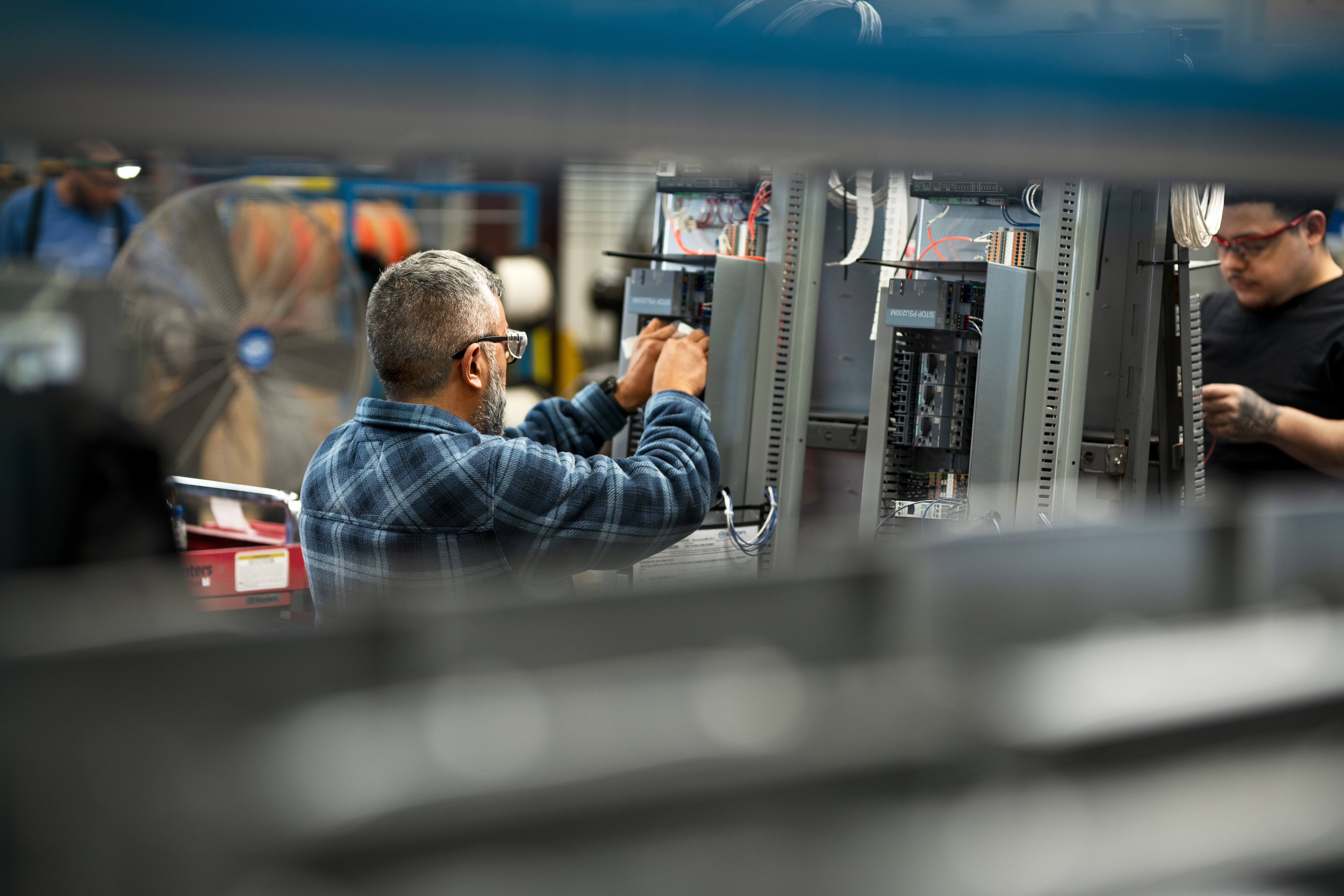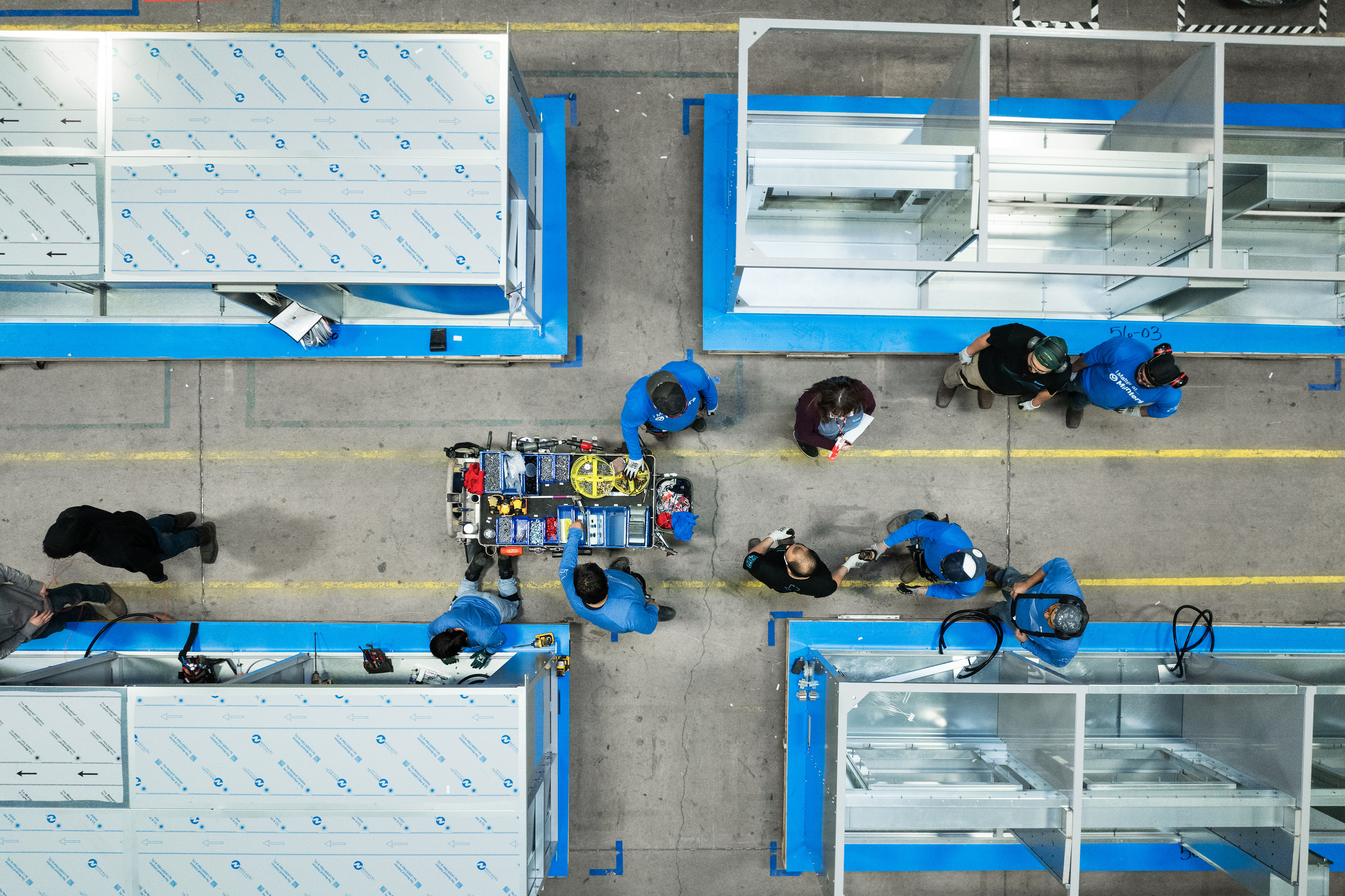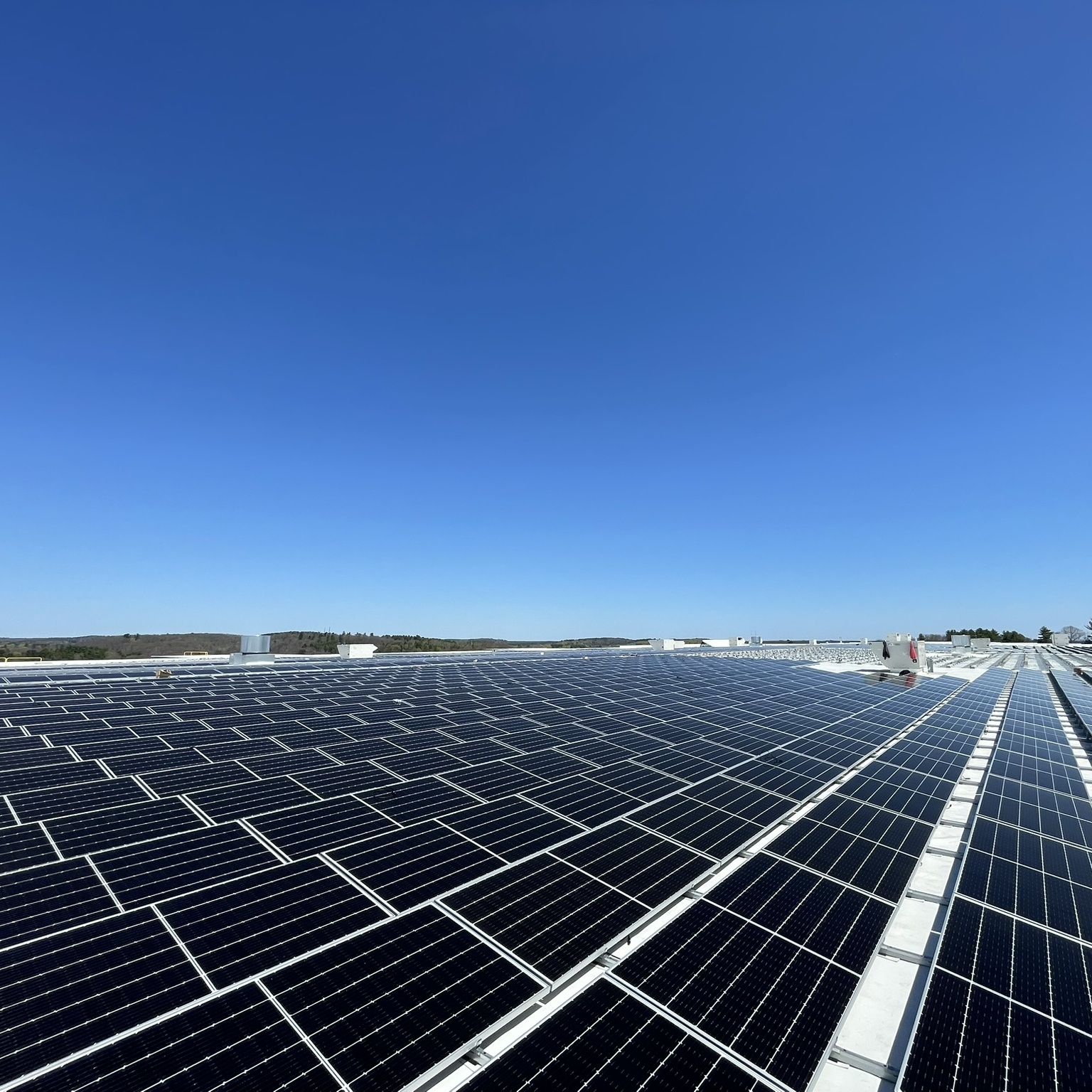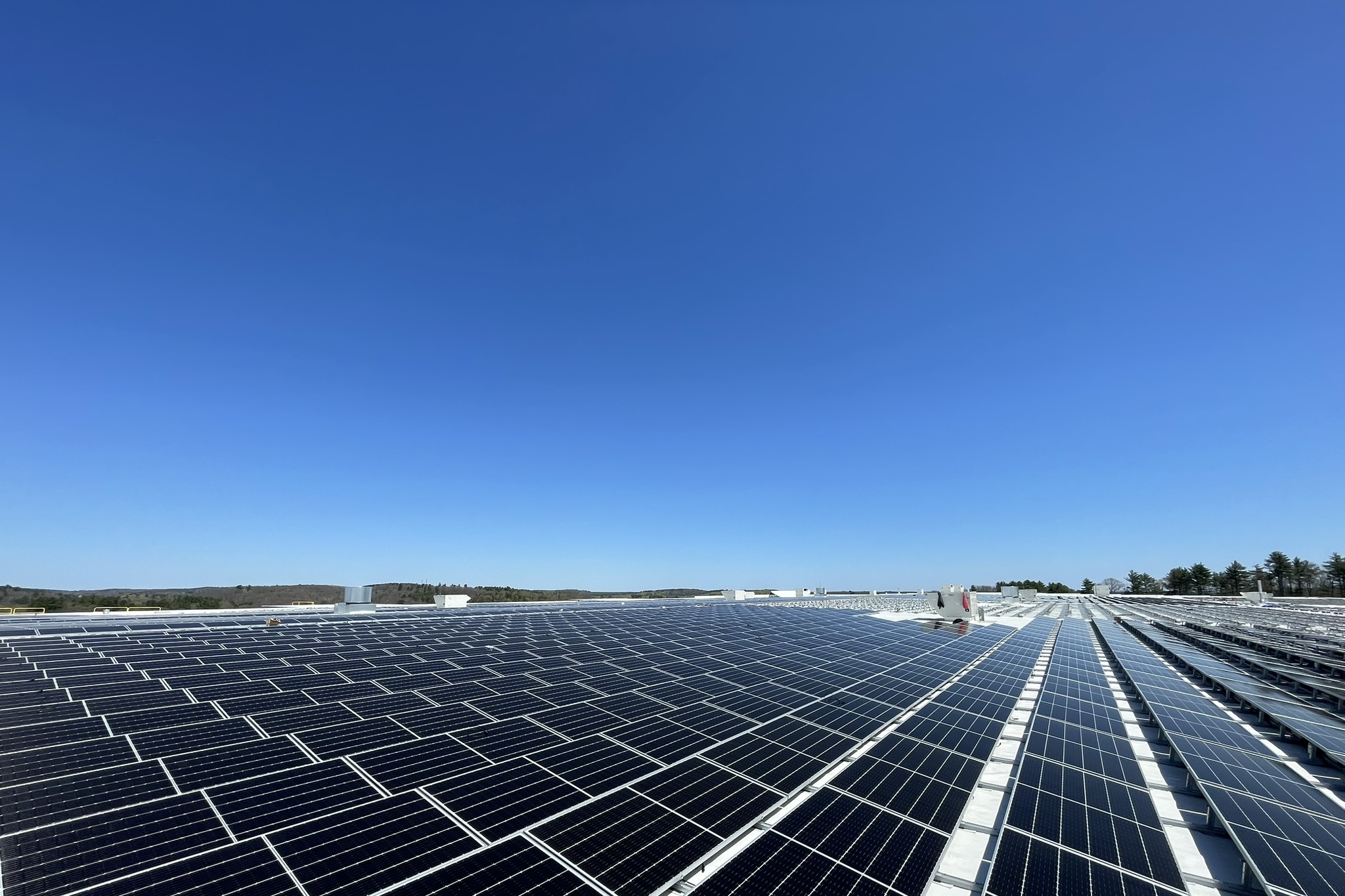Celebrating 70 years
of innovation and excellence
Munters climate solutions protect the Home of Carlsberg's unique heritage
Adaptable and energy-efficient air- and liquid cooling solutions for data centers
A smarter, digital
food supply chain
begins here
Upcoming events
All eventsJul 9-Jul 10
Sep 10-Sep 11
Sep 23-Sep 25
ExhibitionAHR Expo Mexico
Cintermex, Obrera Monterrey, N.L. - Mexico23/09/2025 12:00:00 - 25/09/2025 18:00:00
Oct 21-Oct 23












